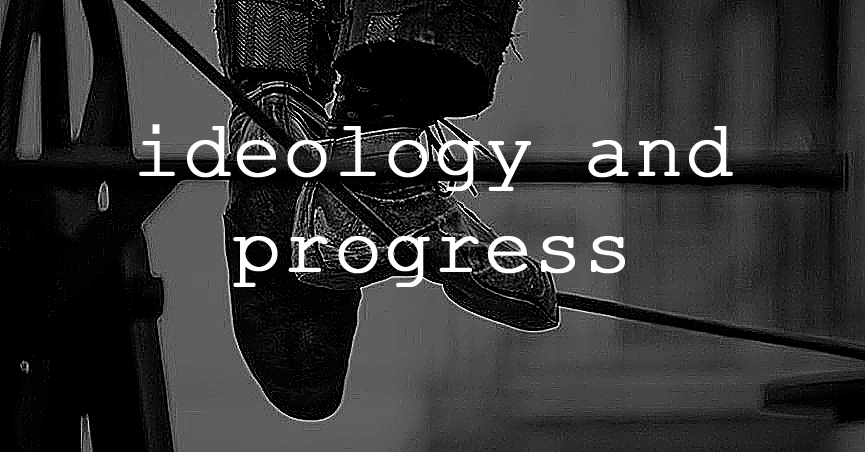The Tension of Ideology and Progress

Sam Rainer
Healthy churches have many points of tension. For example, churches grow by adding new believers. New believers are immature (and typically passionate), which means church programming must balance between immature congregants and mature congregants. Most every pastor has experienced the volley: Yes, deeper! No, too deep! This tension is like a taut tightrope; it tugs in both directions. You don’t want it slack. It’s the same with your church. Good church leaders are expert balancers.
One of the places with the most tension lies between ideology and progress. Ideology is a system of ideals. Every church should have a goal of maintaining ideals in programming, teaching, and preaching. Ideology works because of stability. But every church should also progress. Progress requires change, and change always brings a measure of instability. Ideology is fixed. Progress means movement. Ideology is narrow and limiting. Progress is broad and limitless.
Great churches balance the tension between ideology and progress. Great leaders uphold ideology and at the same time encourage progress. How might this balanced tension look within a church?
Contextualization. We contend for the faith. We contextualize the message. Christians have always had to balance being in the culture but not of the culture, communicating a timeless message in a way the culture understands. This balancing act is one of the most basic in the church. Get this one wrong, and you will fall into either liberalism or fundamentalism. You will be either too hot to culture or too cold to culture. You will either add to Scripture or take away from Scripture. Great churches contextualize (progress) without comprise (ideology).
Discernment. Proper contextualization is a derivative of discernment. Beyond the basic responsibility of contending and contextualizing is the ability to discern. You cannot lead a church without the capacity to discern negotiables from non-negotiables. While contextualization is more of a theological issue, discernment is more a leadership issue. You will end up clinging perilously to the high wire if you cannot answer this question: What’s a non-negotiable in my church? Leaders must be flexible with the negotiables and rigid with the non-negotiables.
Experimentation. The best churches balance failure with success. A church without failures is a church not taking risks. If you’ve never had an event flop, if you’ve never had a program start stale, then you are not leading well. Additionally, it probably means you are not allowing your team to take risks either, which is dangerously selfish. Why stand in the batter’s box if you never swing? People will quickly pick up on your fear of swinging, and they won’t stick around to watch dullness degrade into disobedience. Great churches experiment—they try things without a clear understanding of whether they will work or not. If all your experiments are failures, then you lack discernment. But if you never fail because of a lack of trying, then that’s not leadership—it’s neglect.
Every church should progress. Every church should cling to ideals. And healthy church leadership involves the process of balancing both ideology and progress.







Thanks. Really good. So much of God’s plan involves balance of tensions. If must relate to him being pleased as we put our faith in him and not ourselves. Thanks again.
That will preach. Sounds like a blog called Contextually Traditional
http://coolconversationslive.com/contextually-traditional/
Great stuff Sam
Healthy tension definitely needs to be present for progress to be made. Keeping the tension healthy is the difficulty.
Jeremy Riddle on raising up worship leadership…
“You have to create a safe place for people to fail. If people are afraid to fail, they will never risk. and risk is vital to Kingdom activity. You will never see things of the Kingdom aside from risk.”